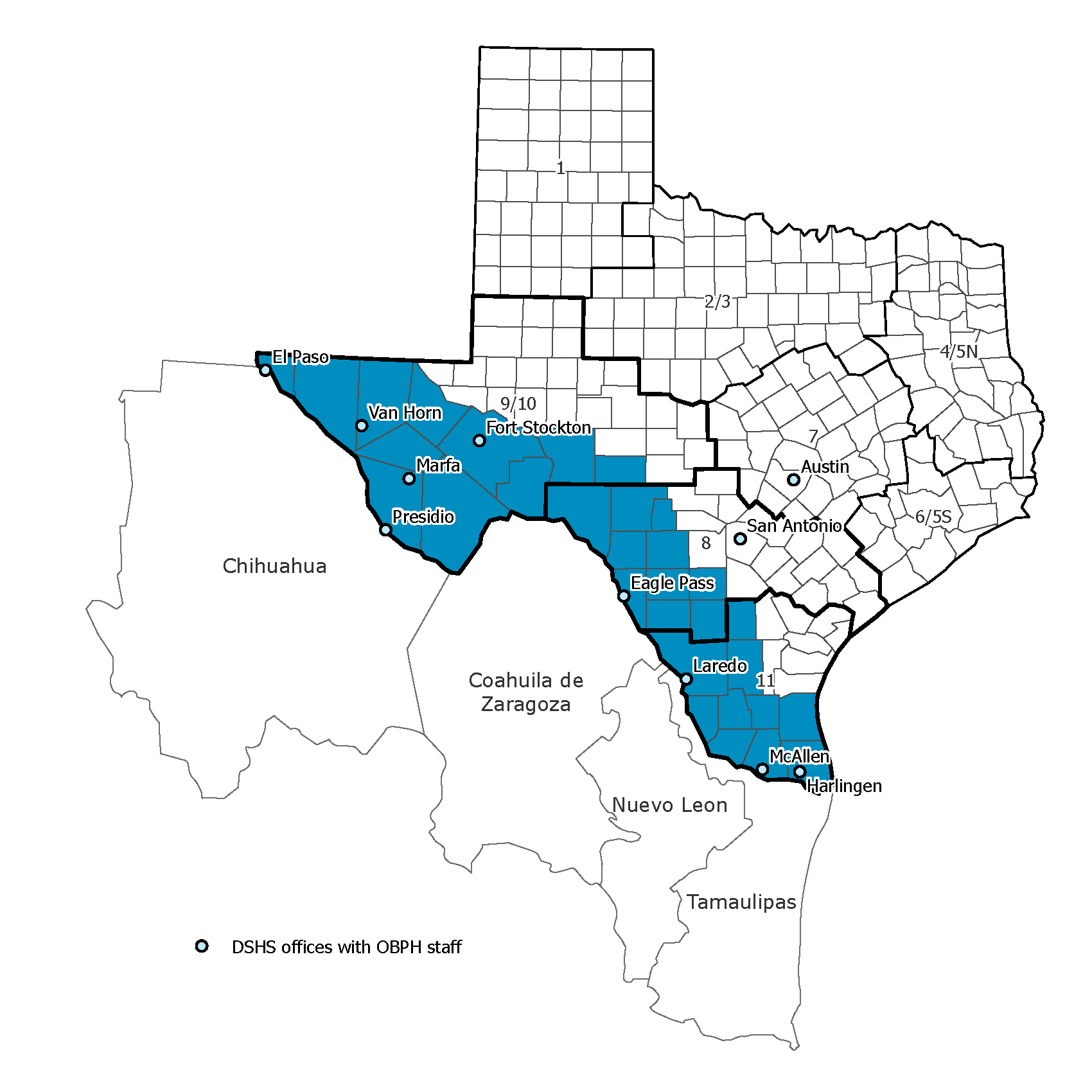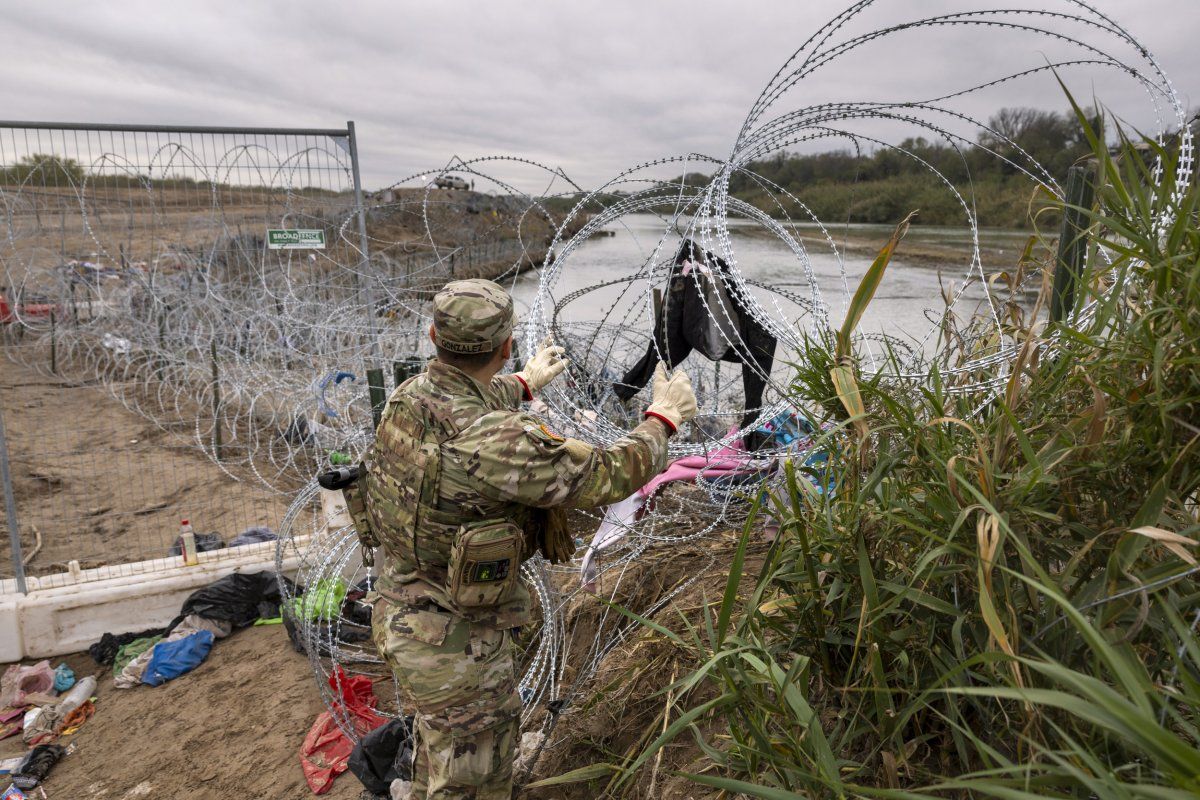In the ongoing battle over border control, the United States finds itself at a critical juncture, torn between conflicting ideologies that are shaping the nation's response to immigration. A coalition of 24 Republican governors, led by Texas Governor Greg Abbott, is at the forefront of what they claim is a defense of Texas' "constitutional right to self-defense." On the other side, the Biden administration and its supporters are grappling with this assertion, depicting it as a challenge to federal authority and a blatant disregard for humane immigration policies.
The Biden administration faces a significant challenge in managing the escalating crisis at the U.S.-Mexico border. The clash between Texas and federal authorities over the deployment of razor wire and floating buoys epitomizes the struggle between state and federal powers. Abbott justifies these measures by accusing President Biden of failing to enforce existing immigration laws, arguing that he is constitutionally obliged to take action.

The recent statement from 25 Republican governors underscores the polarization, with almost unanimous support for Abbott's actions. They argue that the federal government, under Biden's leadership, has neglected its "constitutional compact duties to the states," leaving Texas with legal justification to protect its sovereignty.
Former President Donald Trump has thrown his weight behind Abbott, commending Texas for resisting federal intervention at the border. Trump, in a rally in Las Vegas, praised Abbott for preventing the removal of razor wire, framing it as a commendable defense against what he termed a "horrible invasion."
Trump's rhetoric echoes the sentiments of the Republican governors, emphasizing the narrative that border states, particularly Texas, are under siege. His assertion that, as president, he would send reinforcements rather than restraining orders to Texas further exemplifies the fascist undertones of this stance.
Amidst this political maelstrom, the immigrants caught in the crossfire bear the brunt of these policies. The focus on deterrent measures like razor wire and buoy barriers dehumanizes the individuals seeking refuge and portrays them as threats rather than vulnerable humans.
A socialist critique of these policies is imperative, emphasizing the need for a humanitarian approach to immigration. Instead of viewing migrants as invaders, a socialist perspective calls for addressing the root causes of migration, advocating for comprehensive immigration reform, and fostering an environment of equality and justice.
The support for Texas from a majority of Republican governors, Trump's endorsement, and Abbott's defiance create a complex web of polarization. However, the path forward requires a nuanced approach. Rather than deepening divisions, the nation must seek resolutions that prioritize the well-being of immigrants, adhere to federal mandates, and address the concerns of states like Texas.

The polarization around the border issue should serve as a clarion call for a broader conversation on immigration reform. It's an opportunity for the Biden administration and state leaders to find common ground, address the root causes of migration, and work towards a comprehensive solution that aligns with the values of equality, justice, and humanity. As the nation grapples with this crisis, the hope is that pragmatic dialogue will prevail over divisive rhetoric, leading to a more compassionate and effective immigration policy.

